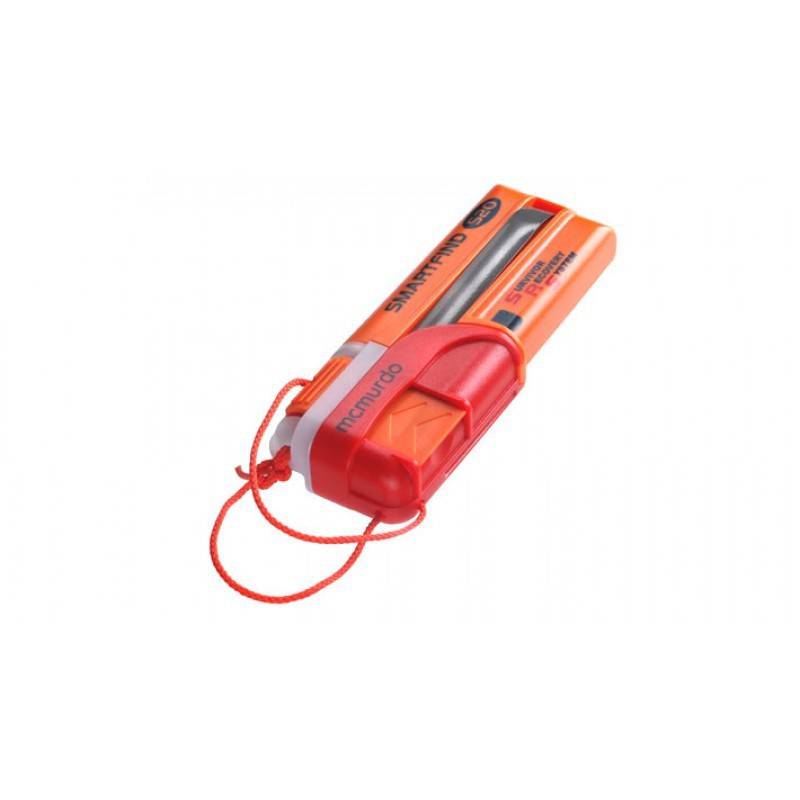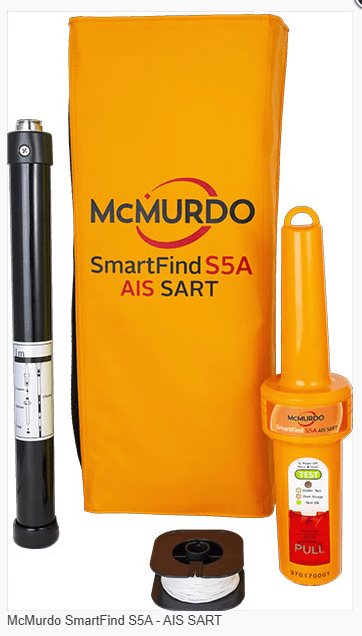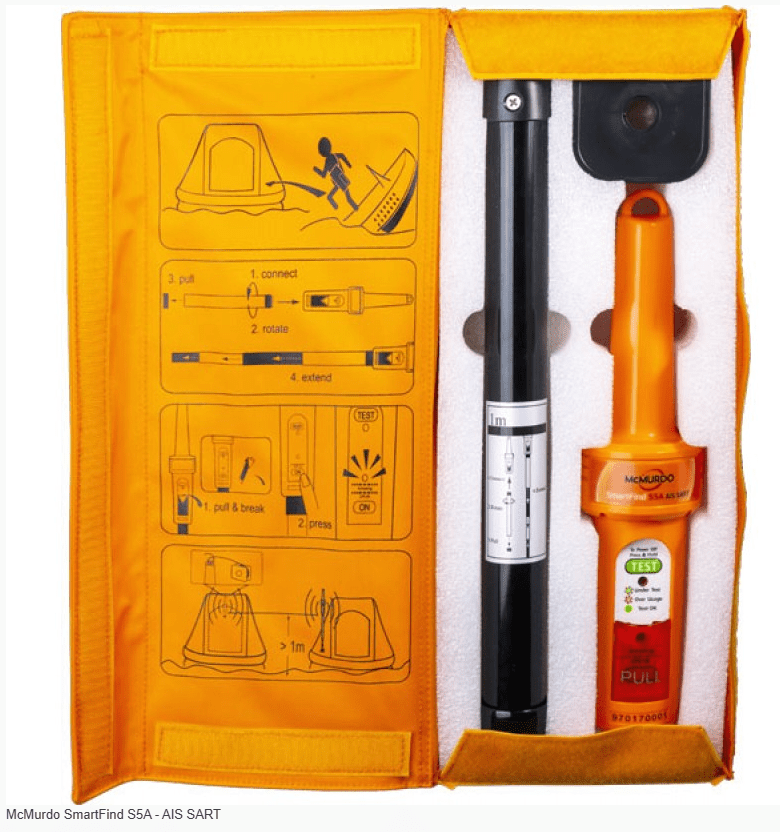Locator Beacons – Reliable 406 MHz Distress Beacons for Emergencies
4 products
Showing 1 - 4 of 4 products
Locator Beacons – Reliable 406 MHz Distress Beacons for Life-Saving Emergencies
Be prepared for any emergency with our trusted range of Locator Beacons — advanced 406 MHz distress beacons designed to alert rescue services and help locate those in distress quickly and accurately. Ideal for boaters, hikers, aviators, and outdoor adventurers, these EPIRBs (Emergency Position-Indicating Radio Beacons) and PLBs (Personal Locator Beacons) use satellite technology to connect you with rescue authorities anywhere in the world.
When activated in a life-threatening situation, a 406 MHz beacon transmits a digital distress signal via the Cospas-Sarsat satellite system, which is monitored globally by search and rescue organizations. This signal includes a unique identification code (Hex ID or UIN) that allows authorities to identify the beacon, confirm its registration, and coordinate a targeted rescue.
In addition to the 406 MHz frequency, each beacon also emits a 121.5 MHz homing signal—used by aircraft and rescue teams to pinpoint your exact location once in range. Many modern beacons also include GPS functionality, providing precise coordinates for faster response times and improved survival outcomes.
Key Features and Benefits
- Dual Frequency Transmission: Operates on 406 MHz and 121.5 MHz for satellite detection and local homing.
- Global Coverage: Supported by the international Cospas-Sarsat system.
- GPS Accuracy: Provides exact coordinates for quicker rescues.
- Rugged Design: Built to withstand harsh marine and outdoor environments.
- Mandatory Registration in NZ: Registration is free and ensures faster, more accurate rescues.
Why Choose Our Locator Beacons
Trusted by adventurers, mariners, and aviators across New Zealand, our Locator Beacons offer peace of mind when safety matters most. Stay prepared — register your 406 MHz distress beacon and protect yourself and your crew wherever your journey leads.
For more details on beacon registration, visit beacons.org.nz.
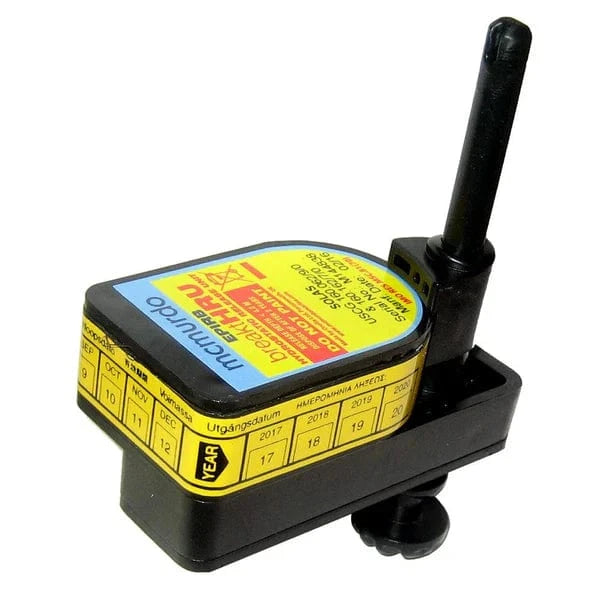
Recently viewed
Blog posts
View all
Fishing Net Manufacturer Guide: Your 2026 Industry Roadmap
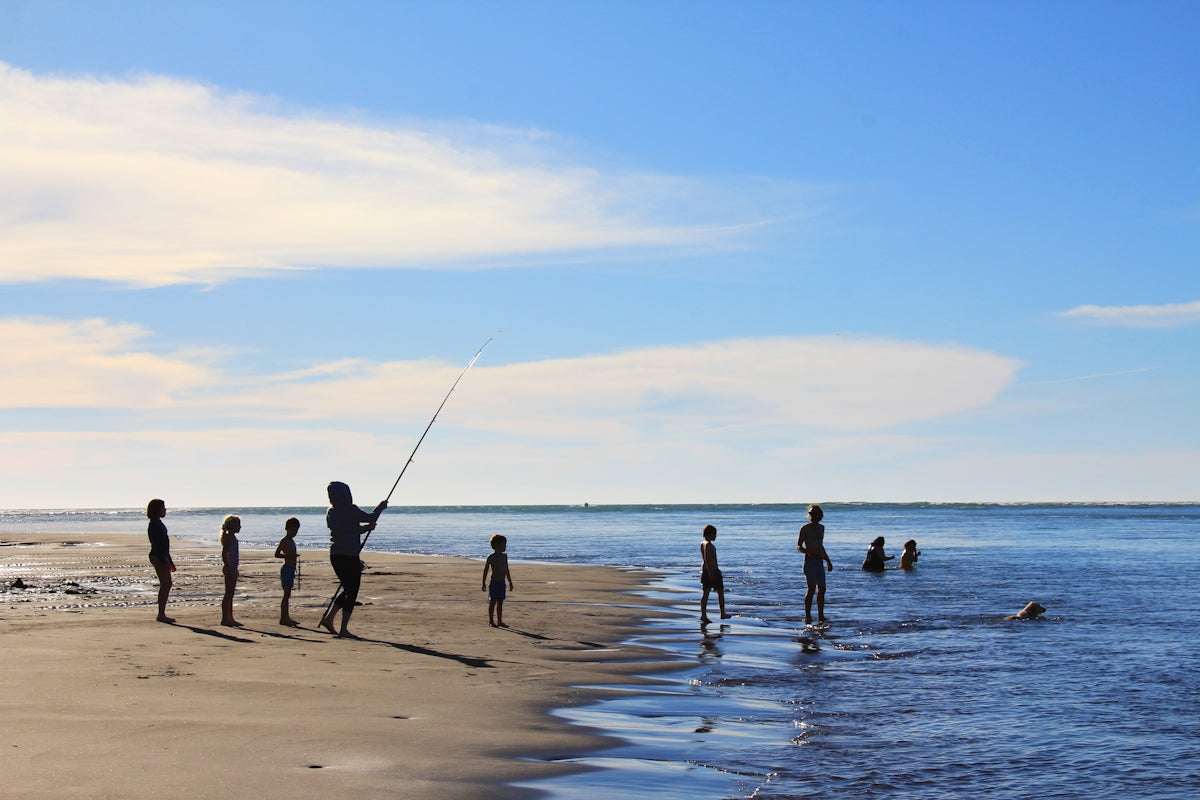
Heavy Duty Application Enhancing Your Fishing Strategy with NZ Made Flounder Beach Drag Nets


